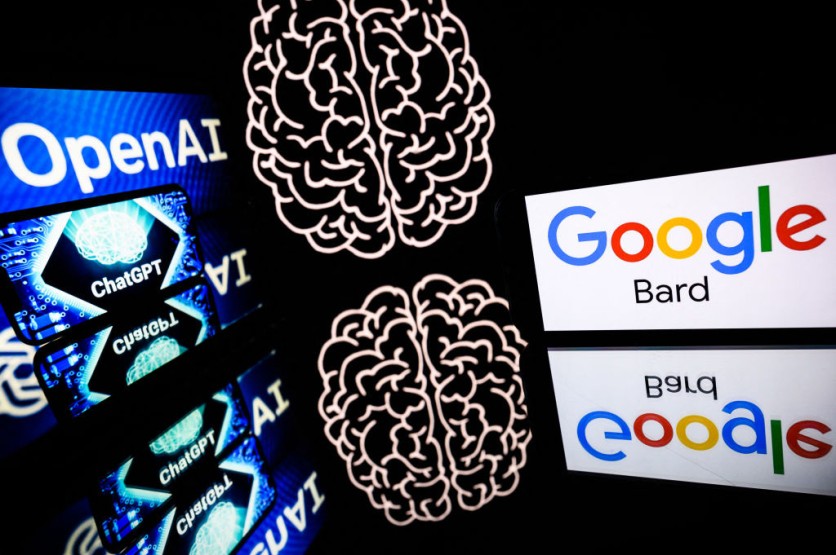The United States Senate has introduced a new bipartisan bill called the COPIED Act, which seeks to protect content owners and their works from abuse or illegal replication. This primarily centers on fighting against AI technologies that use online content without consent or permission from their original owners.
Moreover, it will make removing digital watermarks punishable by law, with the bill now one of the most extensive prohibitions against the rising cases of AI theft.
COPIED Act: New Bipartisan Bill Brings Extensive Protection for Creators
The latest press release from the US Senate Committee on Commerce, Science, and Transportation introduces the new bipartisan bill called the COPIED Act, looking to bring extensive protection for all kinds of creators online. The Content Origin Protection and Integritye from Edited and Deepfaked Media (COPIED) looks to combat the rise of deepfake and AI misuse.

US Senators Maria Cantwell, Marsha Blackburn, and Martin Heinrich are the bill's main backers. They want to bring more transparency to generative AI and its created content.
Through this, artists, content creators, journalists, publishers, and more would have their works protected against illegal and unconsented access by AI from their works that are available online.
Removing Digital Watermarks, AI Training Protection on COPIED Act
The bill also claimed that removing digital watermarks or tampering with them would be considered illegal, and the creators' works would also be protected from being used to train AI models if this becomes law. According to The Verge, this gives artists, creators, and publishers the right to sue companies if they believe their watermarks were altered or removed and if their work was used without their permission.
The Fight Against Generative AI's Access to Data and Deepfake
Since generative AI made waves to the world in late 2022, it has faced massive scrutiny centering on AI training as it was said to have illegally accessed and copied artists' works from the internet. OpenAI has faced massive lawsuits regarding copyrights and AI training, centering on authors who claim their work was used without permission, including George R.R. Martin, John Grisham, and more.
The power of generative AI has also enabled other technologies to flourish, including one of the most infamous ones that can mislead people into scams or disruptive campaigns using deepfake. Over the past year, deepfake campaigns have grown disturbingly massive, with recent events seeing elaborative misinformation and multi-million dollar scams.
Since then, AI companies have looked to adhere to copyright laws and prevent their technology from being used to create deepfake, but there is still a problem that needs to be addressed as it is widespread. New bills and laws are looking to end this, with the Senate's new COPIED Act being one of the most extensive protections that looks to protect users and prevent further access to their data and works.
Related Article: OpenAI Faces Ongoing Scrutiny Over AI Training Data Practice

ⓒ 2025 TECHTIMES.com All rights reserved. Do not reproduce without permission.




